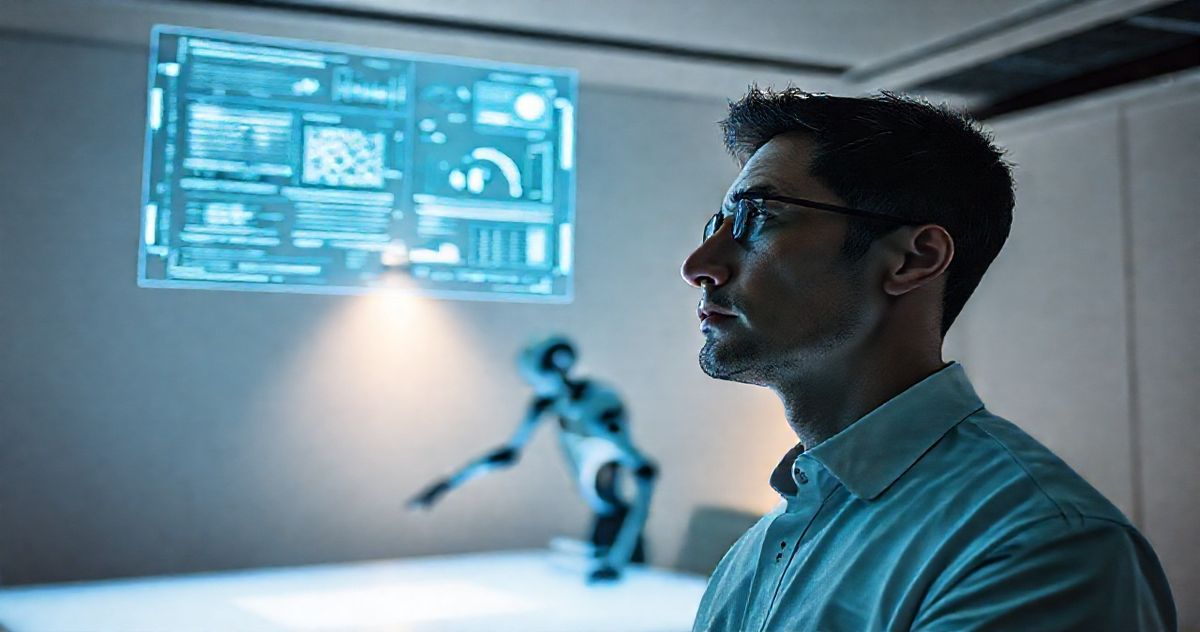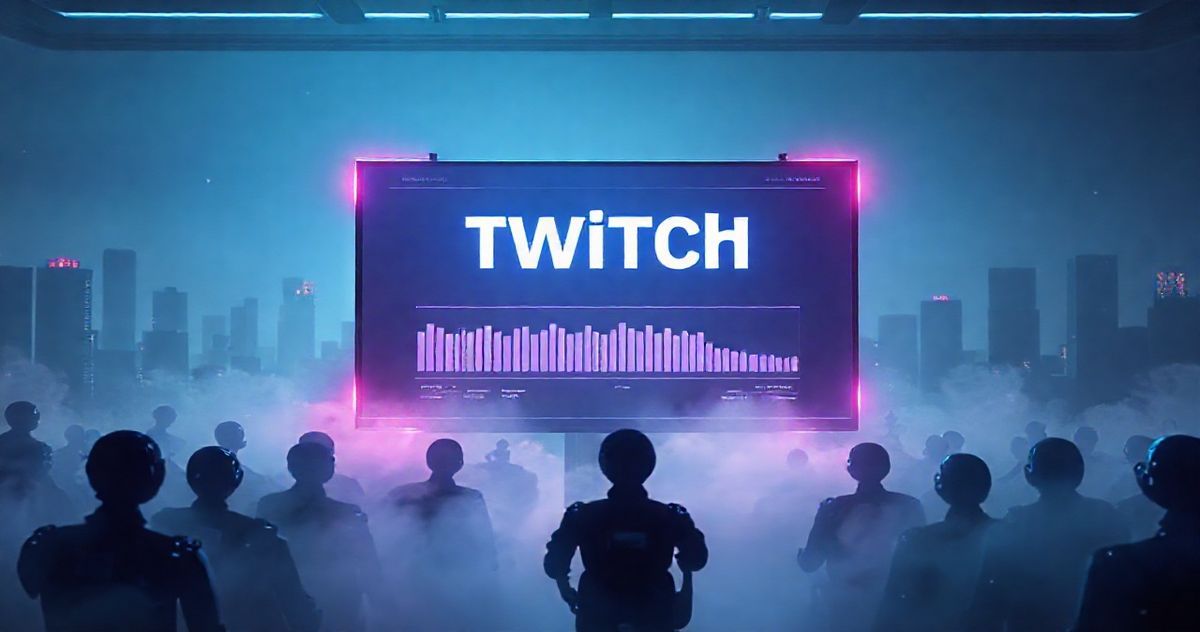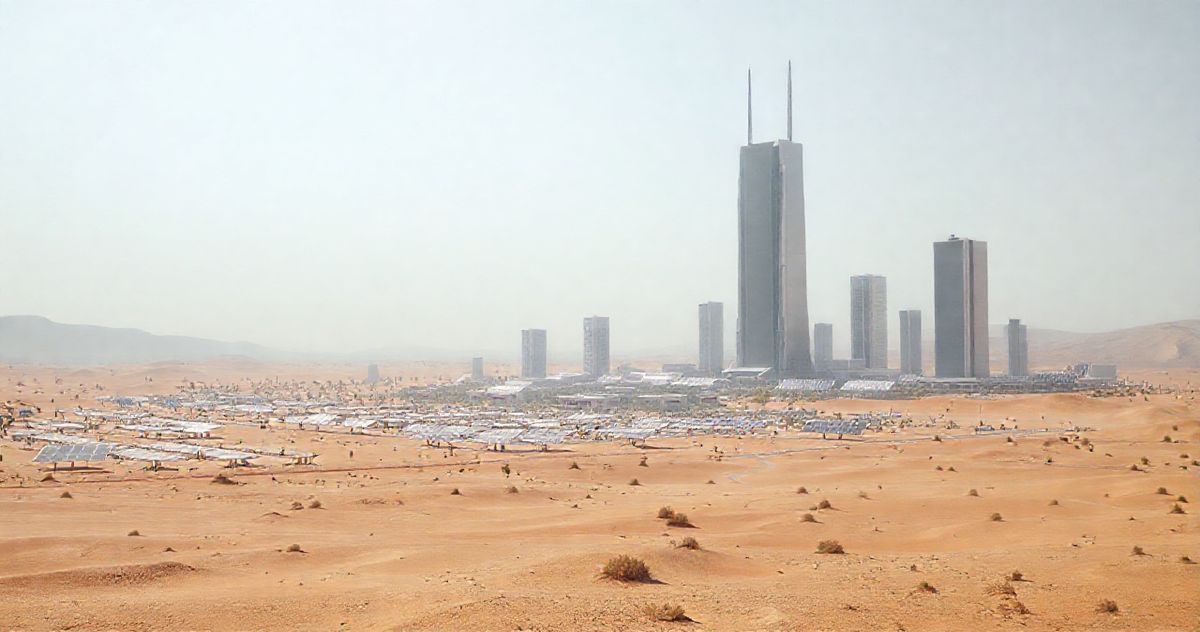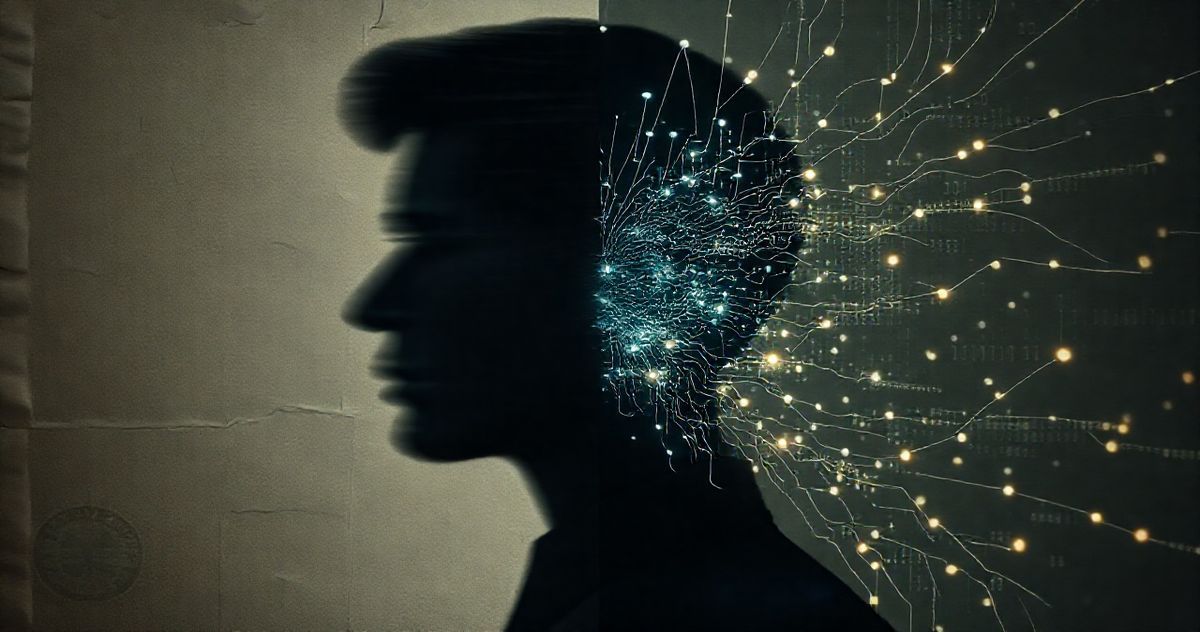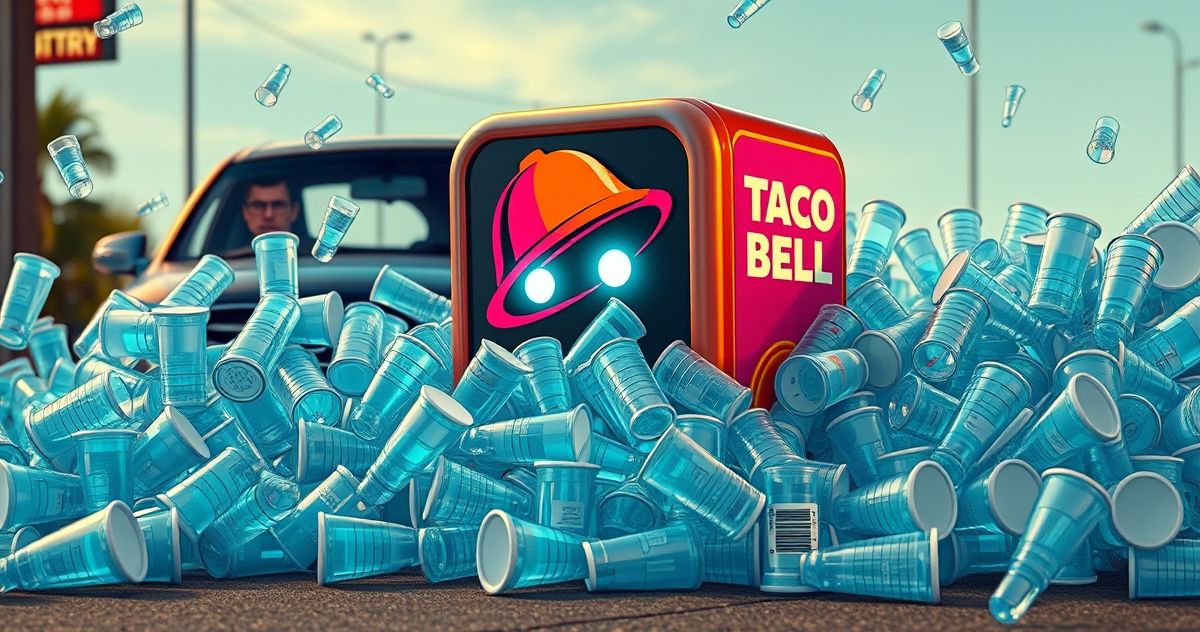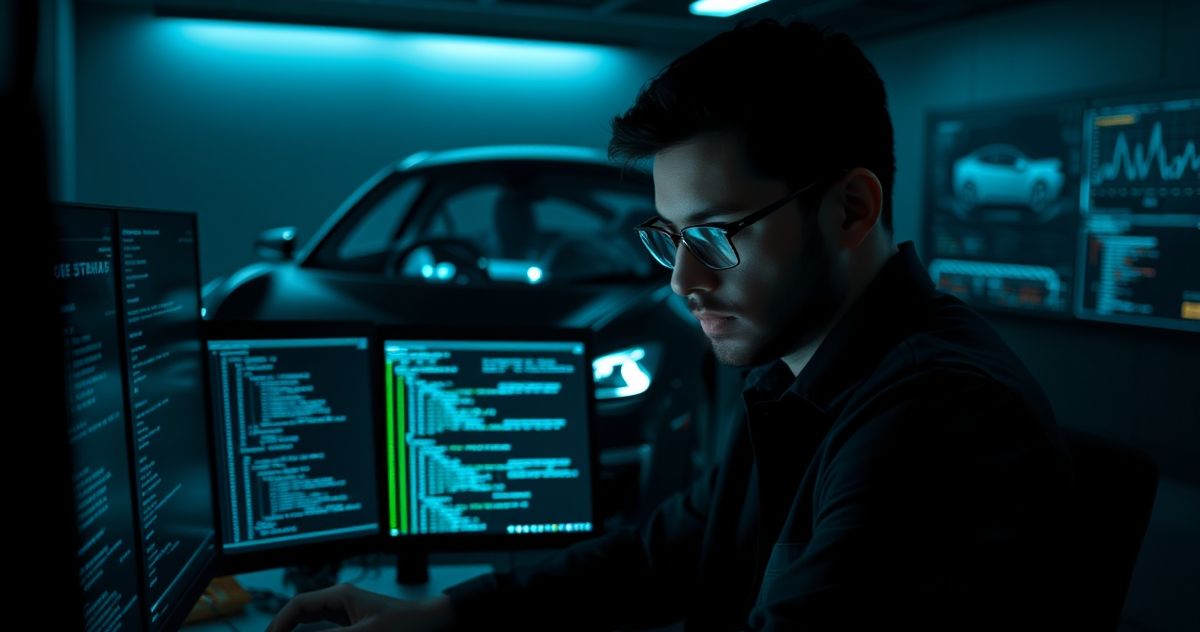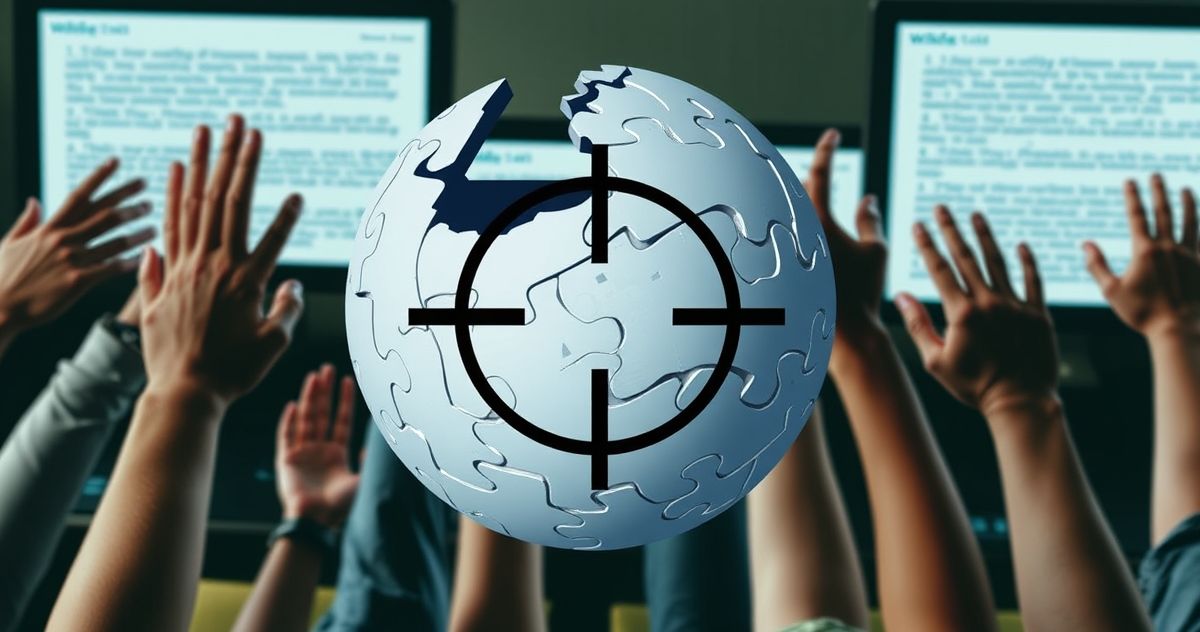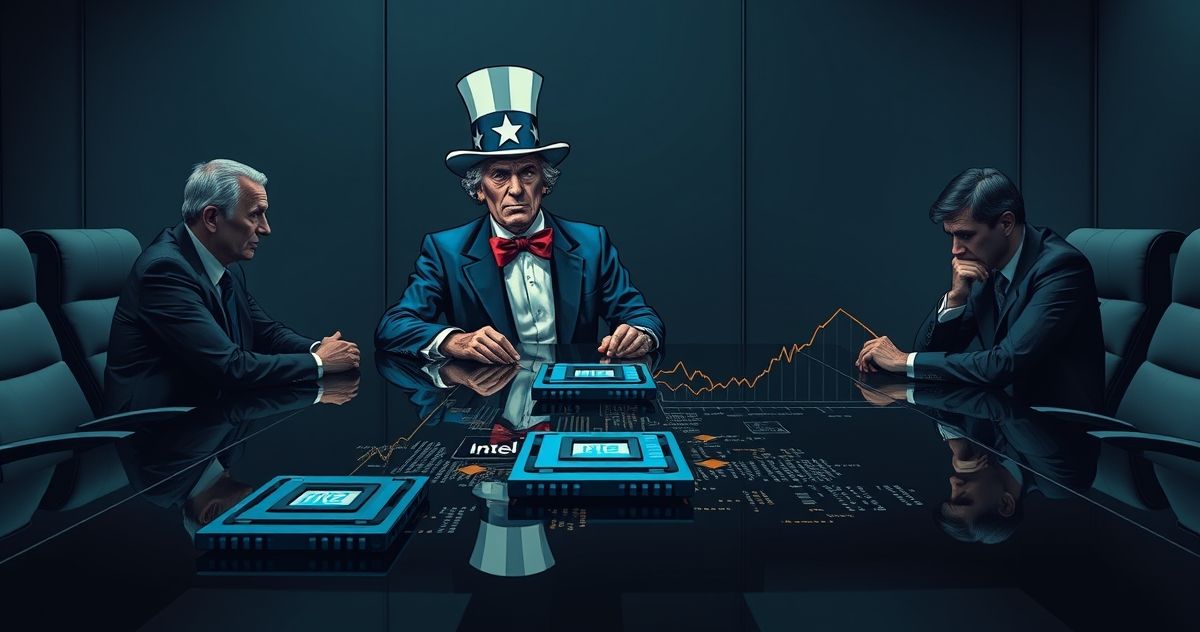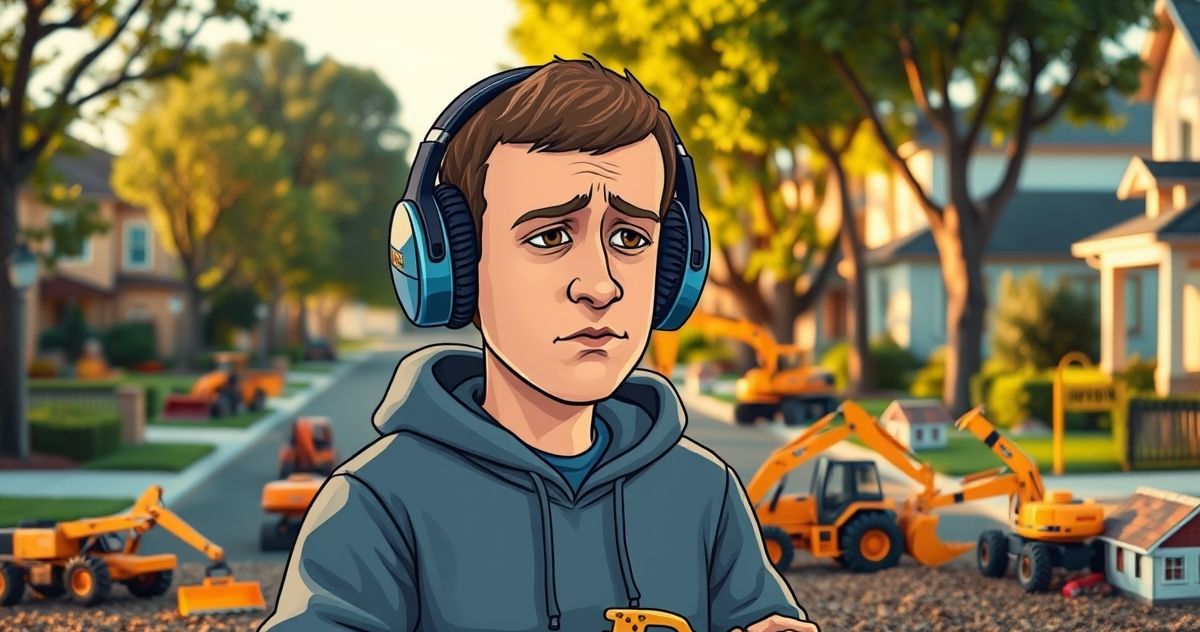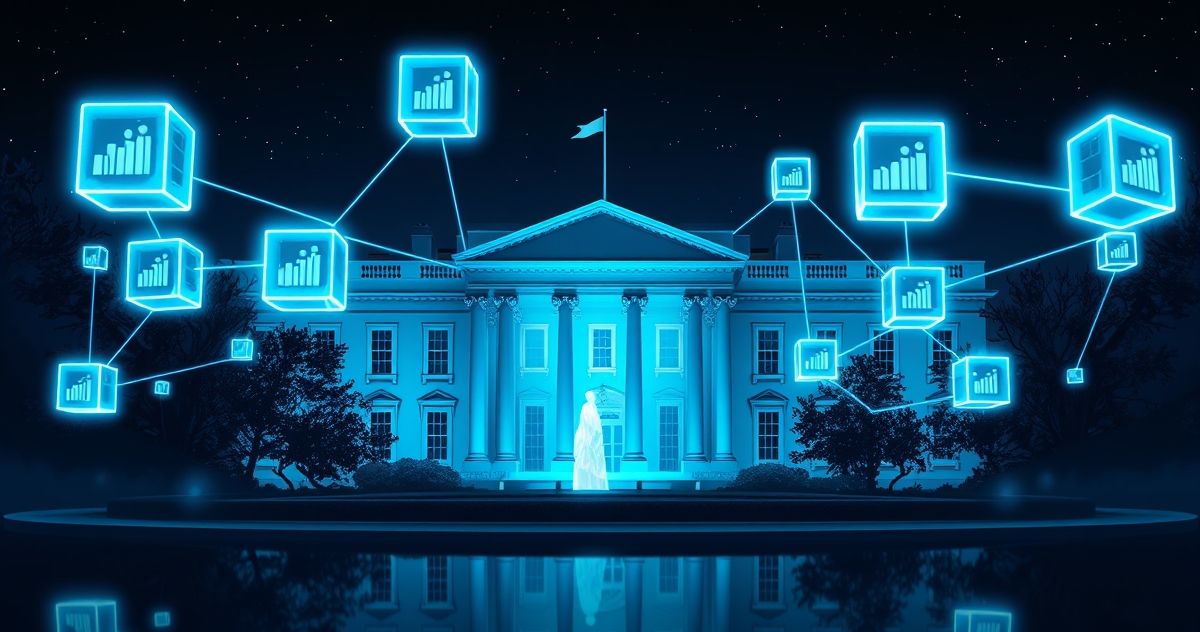Did you hear the news? It’s a real eye-opener. The CEO of Salesforce, Marc Benioff, recently dropped a bombshell. He pretty much said that AI played a big role in his company cutting 4,000 jobs. Yep, you read that right. Four thousand people. Because of AI. This isn’t some abstract prediction anymore. This is happening now, at a huge tech company, and it makes you stop and think.
### The AI Efficiency Question
For years, we’ve heard talk about AI’s potential. How it could make things faster, smarter, more efficient. And honestly, it delivers on that promise. Think about tasks that used to take teams of people: sifting through mountains of data, answering routine customer questions, even writing basic reports. AI tools can now handle much of that, and they don’t get tired. They don’t need coffee breaks. They just… work.
This efficiency is great for companies’ bottom lines. Less overhead, quicker processes, potentially better output. But for the people who used to do those tasks? It’s a whole different story. It means their role might shrink, or worse, disappear entirely. Benioff’s statement isn’t just a corporate update; it’s a peek into a future that’s already here. A future where a significant chunk of work can be automated, making human labor in those specific areas less necessary.
I was chatting with my friend, Emily, the other day. She’s worked in a data processing center for almost fifteen years. Her job used to involve inputting mountains of information from forms, double-checking figures, making sure everything was neat and tidy. She was good at it, super meticulous. But lately, she’s seen the writing on the wall. Her company brought in this new AI system. Now, instead of Emily and her team spending hours on each batch, the AI scans, extracts, and even flags errors in seconds. Emily told me, ‘It’s like they built a robot me, but faster and cheaper.’ Her workload has been cut in half, and she’s constantly worried her department will be the next one downsized. She’s trying to learn new skills, but it’s tough when you feel like the ground is shifting right under your feet. Her story isn’t unique. It’s the quiet fear many people are living with right now.
### More Than Just Numbers
When we hear about job cuts, it’s easy to focus on the numbers. Four thousand jobs, that’s a big number. But behind each one of those numbers is a person. A person with bills to pay, a family to support, and a career they’ve built. The impact of AI isn’t just economic; it’s deeply personal. It creates anxiety, uncertainty, and sometimes, a feeling of being left behind.
This isn’t to say AI is inherently ‘bad.’ It’s a tool, a powerful one. Like any powerful tool, it can be used for amazing things, and it can also disrupt existing structures in ways that are difficult for people to navigate. We’re talking about shifts in entire industries. The roles that are most susceptible right now are often repetitive, data-heavy, or predictable. Think administrative tasks, entry-level customer support, some forms of content creation, and data analysis. These are jobs many people rely on.
So, what does this mean for the rest of us? Do we just throw our hands up? No way. It means we need to adapt. We need to think differently about what skills are valuable in a world where machines can do so much.
If you’re feeling a bit uneasy about this, you’re not alone. But there are things you can do to future-proof your career, or at least make yourself more resilient:
* **Embrace Lifelong Learning:** Seriously, pick up new skills. Online courses, certifications, workshops – whatever helps you learn. Focus on areas where human creativity, critical thinking, and emotional intelligence are key.
* **Focus on ‘Human’ Skills:** AI is great at logic and data, but it struggles with empathy, complex problem-solving that requires intuition, building relationships, and truly innovative thinking. These are your superpowers.
* **Become an AI ‘Wrangler’:** Instead of seeing AI as a replacement, learn to work *with* it. Understand how to use AI tools, how to prompt them effectively, and how to integrate them into your workflow. Become the person who can make AI even better.
* **Look for ‘Hybrid’ Roles:** Many new jobs will involve a blend of human and AI collaboration. Be open to roles that didn’t exist five years ago.
* **Network, Network, Network:** Connections can open doors to opportunities you might not find otherwise, especially in evolving fields.
### The Path Forward (Or, Are We All Doomed?)
So, are we doomed to a future where robots do all the work and humans… well, what do humans do then? Not necessarily. Historically, new technologies have always created new jobs, even as they’ve eliminated old ones. The internet, for example, wiped out entire industries but spawned countless others. AI will likely do the same. We’ll see roles emerge around AI development, maintenance, ethics, and completely new services that AI makes possible.
The challenge is making sure people have the skills and opportunities to transition into these new roles. This isn’t just a personal responsibility; it’s a societal one. Companies, governments, and educational institutions all have a part to play. We need robust retraining programs, policies that support workers during transitions, and an educational system that prepares future generations for a world where AI is a fundamental part of the workplace.
Ignoring this shift isn’t an option. Salesforce’s CEO isn’t the only one seeing this. Many other companies are quietly, or not so quietly, integrating AI and rethinking their staffing needs. It’s a wake-up call for all of us.
The confession from Salesforce’s CEO is a stark reminder: AI isn’t just coming; it’s here, and it’s changing how businesses operate and how people work. It’s forcing us to confront some uncomfortable truths about automation and the future of employment. While the benefits of AI in terms of efficiency and innovation are undeniable, we can’t ignore the very real human cost. It’s a complex issue with no easy answers.
So, as AI continues to evolve and reshape our world, what do *you* think is the most important thing we should be doing right now to prepare for this future?
